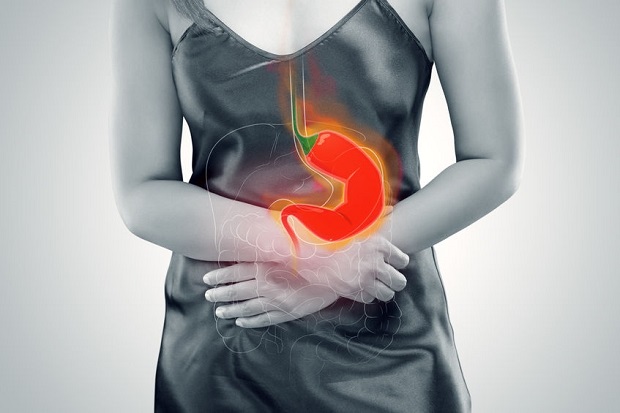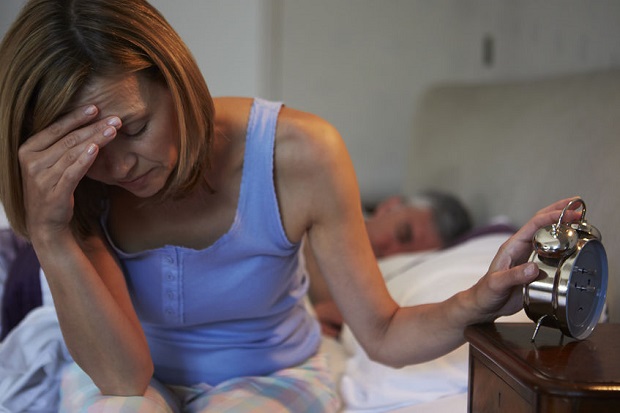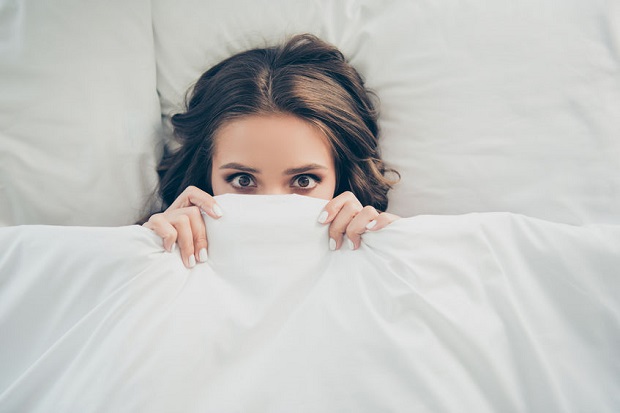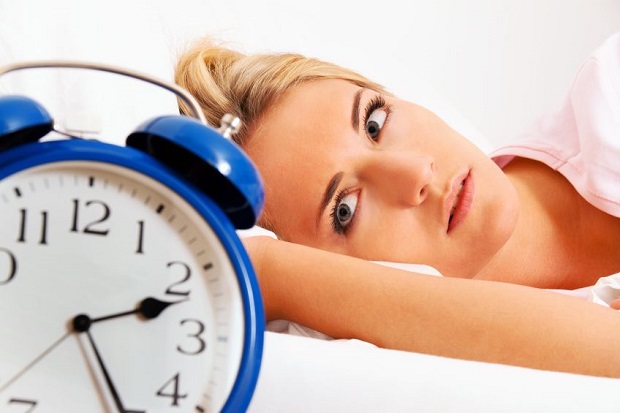
Does Eating Before Bed Cause Nightmares?
Eating a late-night snack is not always a catalyst for nightmares but can increase the likelihood. Eating increases the body’s metabolism, which signals the brain to become more active. This can result in dreaming while you sleep. If you are suffering from other disorders that can trigger nightmares, such as stress or sleep deprivation, the result could be disturbing nightmares.
Jump Ahead
- Foods to Avoid to Ward Off Nightmares
- Foods That May Help to Promote Sleep
- Negative Effects of Eating Before Bed
- Expert Opinion
- Resources
Foods to Avoid to Ward Off Nightmares

Though likely not the direct cause of nightmares, research indicates that eating particular foods before bed may exacerbate the situation. Foods that are high in protein and fat have been demonstrated to interrupt the sleep cycle. [1] Foods containing caffeine, such as coffee or chocolate, are also sleep disrupters. [2] Spicy foods are especially problematic to comfortable sleep for those that suffer from gastrointestinal acid reflux disease. [3] Finally, alcohol is also associated with disrupting sleep patterns. [4]
Foods that May Help to Promote Sleep

Going to bed hungry can cause sleep disruptions, just as eating too much. A light snack that contains tryptophan and a light carbohydrate may be just what you need. Tryptophan is an amino acid used by the body to make serotonin, which is believed to promote healthy sleep. Tryptophan can be found in many foods, such as milk, cheese, eggs, peanut butter, poultry, soy, and tofu. Carbohydrates boost tryptophan levels in the bloodstream, so adding a few crackers to the snack may help even more. [5]
Negative Effects of Eating Before Bed

Gorging yourself before bed is problematic beyond causing sleep disruptions.
Heartburn. The incidence of nighttime heartburn disrupting sleep patterns is exacerbated by eating before bed. Certain foods seem to be associated with a higher frequency of incidences, such as citrus, chocolate, caffeine, high-fat foods, garlic, mint, spicy foods, and tomato-based foods. [6]
Stroke. Research indicates that waiting to go to bed at least one hour following a meal decreases your risk for stroke by more than 66%. And for every 20 minutes you wait beyond that, the risk is reduced by 10%. Researchers theorize that the increased risk may be due to all the changes your body goes through following a meal, such as changes in blood sugar, cholesterol levels, and blood flow. [7]
Asthma. Eating before bed can have life-threatening effects on asthmatics. Eating before bed exacerbates GERD symptoms, including nocturnal suffocation, coughing, and wheezing. [8]
Expert Opinion

“You may not think what happens at your dinner table has much to do with your nights of tossing and turning, but there is a connection. Diets high in refined sugar can cause indigestion and trigger insulin surges that interfere with the hormones that affect sleep. The solution: low-fat and high-fiber foods. When you eat is as important as what you eat for a peaceful night. Eating late at night forces your body and brain to be digesting instead of resting.”
Foods that Help You Snooze The Dr. Oz Show
Resources
- [1] Catherine M. Kotz, Society for the Study of Ingestive Behavior, “Weight gain induced by high-fat diet increases active-period sleep and sleep fragmentation.“
- [2] National Sleep Foundation – “Caffeine and Sleep.“
- [3] National Sleep Foundation – “GERD and Sleep.“
- [4] WebMD – “Foods That Help or Harm Your Sleep.“
- [5] Medline Plus – “Tryptophan.“
- [6] Edwards, SJ; International Journal of Psychophysiology, “Spicy meal disturbs sleep: an effect of thermoregulation?” 1992, Volume:13, No:2, pages: 97-100
- [7]WebMD – “Sleeping Soon after Dinner May Raise Stroke Risk.“
- [8] Stephen J Sontag MD, The American Journal of Gastroenterology, “Asthmatics Have More Nocturnal Gasping and Reflux Symptoms than Nonasthmatics, and They are Related to Bedtime Eating.“
DISCLAIMER: THIS WEBSITE DOES NOT PROVIDE MEDICAL ADVICE
The information, including but not limited to text, graphics, images, and other material on this website, is for informational purposes only. No material on this site is intended to be a substitute for professional medical advice, diagnosis, or treatment. Always seek the advice of your physician or other qualified healthcare providers with any questions you may have regarding a medical condition or treatment before undertaking a new healthcare regimen, and never disregard professional medical advice or delay in seeking it because of something you have read on this or any other website.



